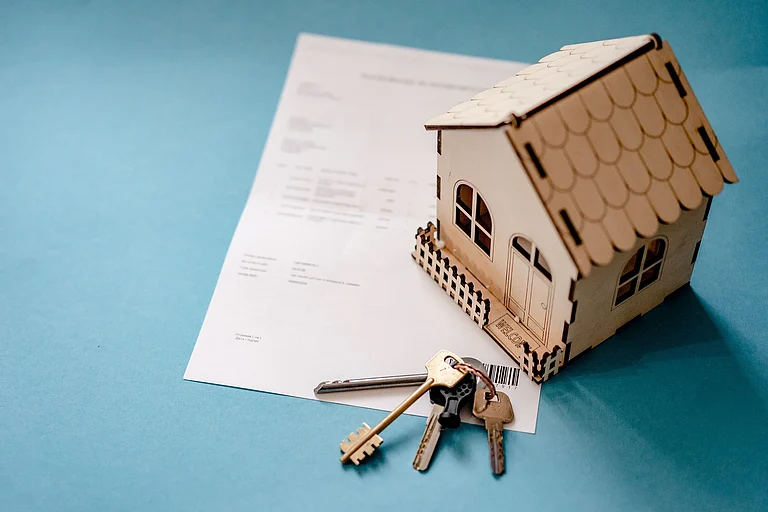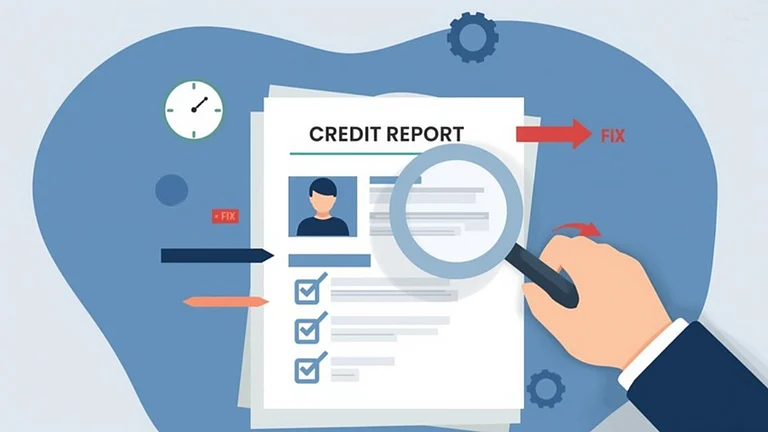Personal borrowings are a type of unsecured borrowings that allows you to utilise the borrowed amount for various uses, such as an emergency medical expense, high-interest debt repayment, home renovations, travel, and so on. This flexibility comes at a cost though, with the rate of interest typically on the higher side, between 10 per cent and 45 per cent depending on factors, such as the lender – bank, credit card or non-banking financial company (NBFC) – and the borrower’s profile.
Therefore, given the high rate of interest, one should think about repayment of the loan to avoid being further entrapped in a high-interest debt before taking a high-interest personal loan.
Business Personal Loan
However, businessmen often take personal loan for their business-related expenses. These are typically known as business personal loans and are taken by the proprietor in their name for use in the business. The money can be used for various business-related expenses, such as operational costs, equipment, and capital for inventory, among others. However, the rate of interest is quite high and the repayment terms are also shorter.
There are certain benefits in taking a business personal loan as there are no collaterals needed for taking the loan, which in turn allows entrepreneurs, especially those from micro, small and medium enterprises (MSME) sector to acquire funds, as they typically do not have assets to pledge as collateral for the loan.
The process is also less complex than other loans, which allows easy access of credit line to the business owners. The approval depends on the owner’s credit score which needs to be between good to excellent that is 749-850.
Eligibility For Personal Business Loan
Good Credit Score: A credit score determines your creditworthiness and is determined by timely payment of your previous equated monthly instalments (EMIs) on your loans. It allows the lender to trust you based on your credit history. If you have a good score, it means you have made timely payments of your instalments, and if you have a bad score it means you have any pending or late payments on the previous instalments.
Debt-Income Ratio: A good debt-to-income (DTI) ratio is 35 per cent or less, indicating a strong financial position with most income available for savings and non-essential spending. A ratio of 20-35 per cent is considered low-risk by lenders, 36-49 per cent is considered adequate, but with room for improvement, and 50 per cent or higher indicates limited money for savings or spending.
Stable Income: Stable income refers to the ability to earn profits consecutively. For the lender, it means a steady source for repayment of the loan.
Good Business Profile
High business skills, experience and capital investments make for a strong business profile. It allows the lender to see the business holding, investments, and expenses, objectives and analyse whether the businessman will be able to generate profits that will cover the expenses as well as the repayment of EMIs.















